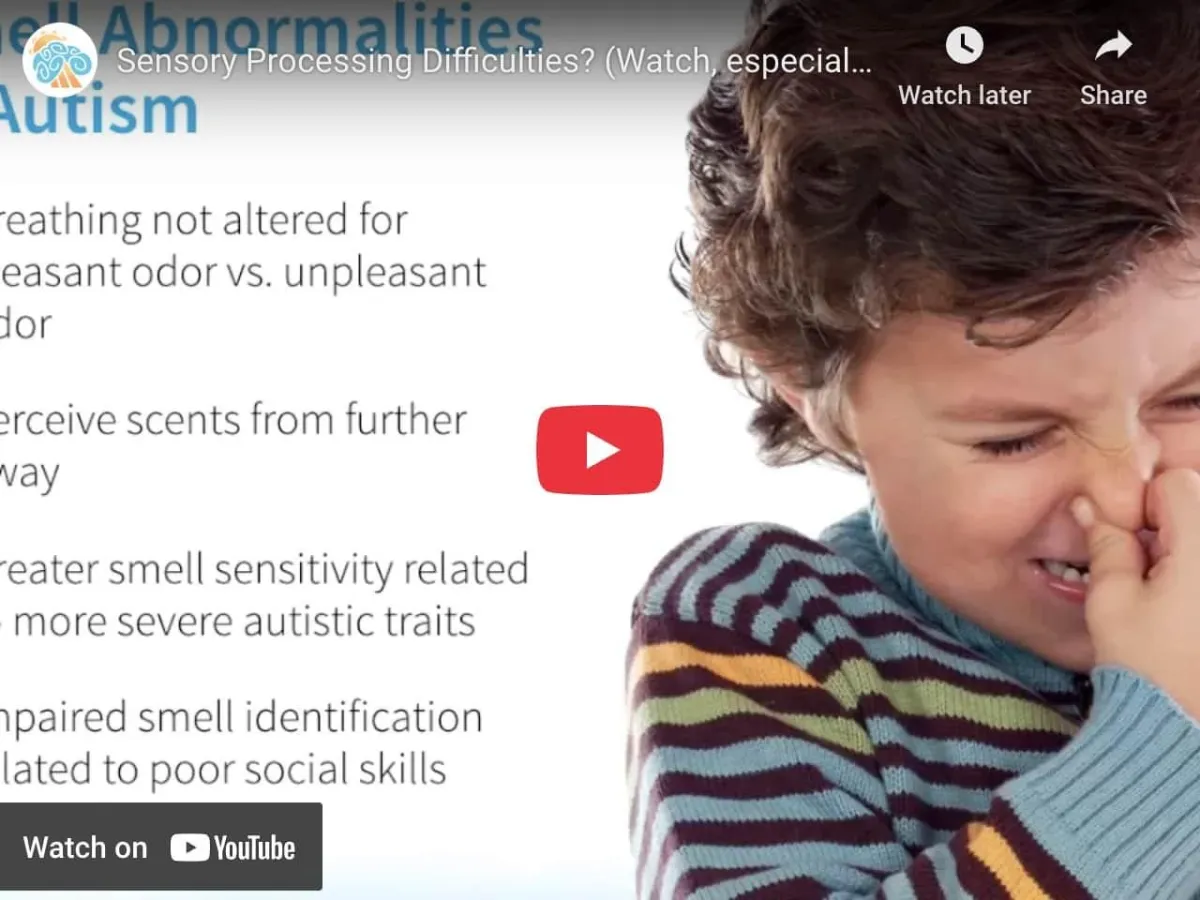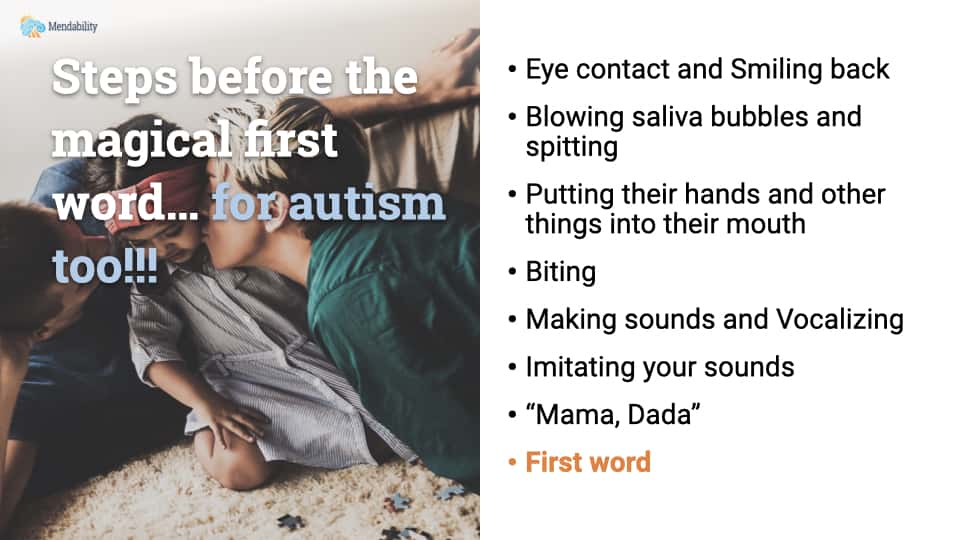
Service Dogs in ASD Families Reduce Symptoms by 13%, Easing Parental Anxiety
Review of an article published in PLS One, in Jan. 2024
Dollion N, Poirier M, Auffret F, François N, Plusquellec P, Grandgeorge M, et al. (2024) Effects of service dogs on children with ASD’s symptoms and parents’ well-being: On the importance of considering those effects with a more systemic perspective. PLoS ONE 19(1): e0295702. https://doi.org/10.1371/journal.pone.0295702Autism Spectrum Disorder (ASD) presents multifaceted challenges that extend beyond the individual to their families, significantly impacting parental mental health and family dynamics. In a world where the dynamics of parenting are increasingly complex, understanding and addressing parental anxiety is paramount. Mendability’s Sensory Enrichment Therapy™, focusing on enhancing the child’s sensory experiences and general well-being, intersects with intriguing research on the benefits of service dogs for children with ASD and their parents.
The Ripple Effect of ASD on Family Well-being
The intersection of ASD, the child-parent dynamic, and family well-being is intricate. Parents of children with ASD often experience heightened levels of stress and anxiety, attributed to the intensive caregiving demands and the emotional strain of navigating their child’s unique challenges. Recognizing the signs of parental anxiety, characterized by excessive worry and overprotectiveness, is the first step towards addressing it. Mendability’s approach, emphasizing the child’s sensory experiences and overall well-being, offers a beacon of hope and support for these families.
The Impact of Service Dogs on ASD and Parental Anxiety
A landmark study published in PLOS ONE delves into the systemic effects of integrating service dogs into families with a child diagnosed with ASD. Using standardized scales like the Autism Behavior Inventory Short Form (ABI-S), they saw a notable decrease of 14 points (13%) in overall autism symptoms.
While the children’s overall anxiety did not see any significant changes, the parents did show a notable difference in their anxiety levels.
This reciprocal dynamic underscores the interconnectedness of the child’s well-being and the parent’s mental health. The quality of the child-dog relationship emerges as a pivotal factor, contributing to the child’s symptom improvement and the parent’s stress reduction.
Measuring the Impact of Service Dogs on ASD and Parental Well-being
The study employed a rigorous approach to quantify the influence of service dogs on both children with ASD and their parents’ anxiety levels. Using standardized scales, researchers captured data at three pivotal stages: prior to the service dog’s integration (T0), three months post-integration (T1), and six months post-integration (T2).
Participants’ mean scores (±SE) on the ABI-S and the PSI-SF (A), and on the STAI-Y-1 and Y-2 (B) at each of the three stages, Day 0, Month 3 and Month 6.
Understanding the Scales
Autism Behavior Inventory Short Form (ABI-S): This scale evaluates changes in core and associated symptoms of ASD, providing insights into the effectiveness of interventions like service dog integration. Lower scores indicate fewer ASD symptoms, suggesting improvements in the child’s condition.
Parenting Stress Index Short Form (PSI-SF): The PSI-SF measures the level of stress parents face in raising their children. In the context of this study, lower scores post-integration suggest a reduction in parenting stress.
State and Trait Anxiety Inventory (STAI): This tool has two components – STAI-Y-1 measures the current state of anxiety, and STAI-Y-2 measures the general propensity towards anxious feelings, known as trait anxiety. Decreases in scores indicate reduced anxiety levels.
Chart Interpretation
The provided charts (Chart 1A & 1B) display mean scores for these scales, with error bars representing the standard error (SE), giving a clear picture of the service dog’s impact over time.
Chart 1A illustrates the ABI-S and PSI-SF scores, showing a trend towards improvement in both the children’s ASD symptoms and the parents’ stress levels, particularly notable at the six-month mark (T2).
Chart 1B focuses on the STAI-Y-1 and Y-2 scores, again showing a downward trajectory suggestive of reduced anxiety among parents as the child-service dog relationship continues to strengthen.
Nurturing Emotional Intelligence in the ASD Family Context
In the evolving landscape of parenting, the role of emotional intelligence (EQ) cannot be overstated. The ability to empathize, be resilient, and remain mindful is increasingly recognized as vital in nurturing a supportive and understanding family environment. Mendability’s therapy aligns with this perspective, fostering an atmosphere where emotional growth and understanding are paramount, thus enhancing the quality of life for both the child with ASD and their parents.
Addressing the Long-Term Impact of COVID-19 on Parental Mental Health
The COVID-19 pandemic has left an indelible mark on families worldwide, with parents of children with ASD facing unique challenges. The heightened uncertainty and disrupted routines have exacerbated anxiety levels, making the need for comprehensive support systems like Mendability’s therapy even more crucial. As families navigate these turbulent times, resources that promote mental well-being and resilience are invaluable.



